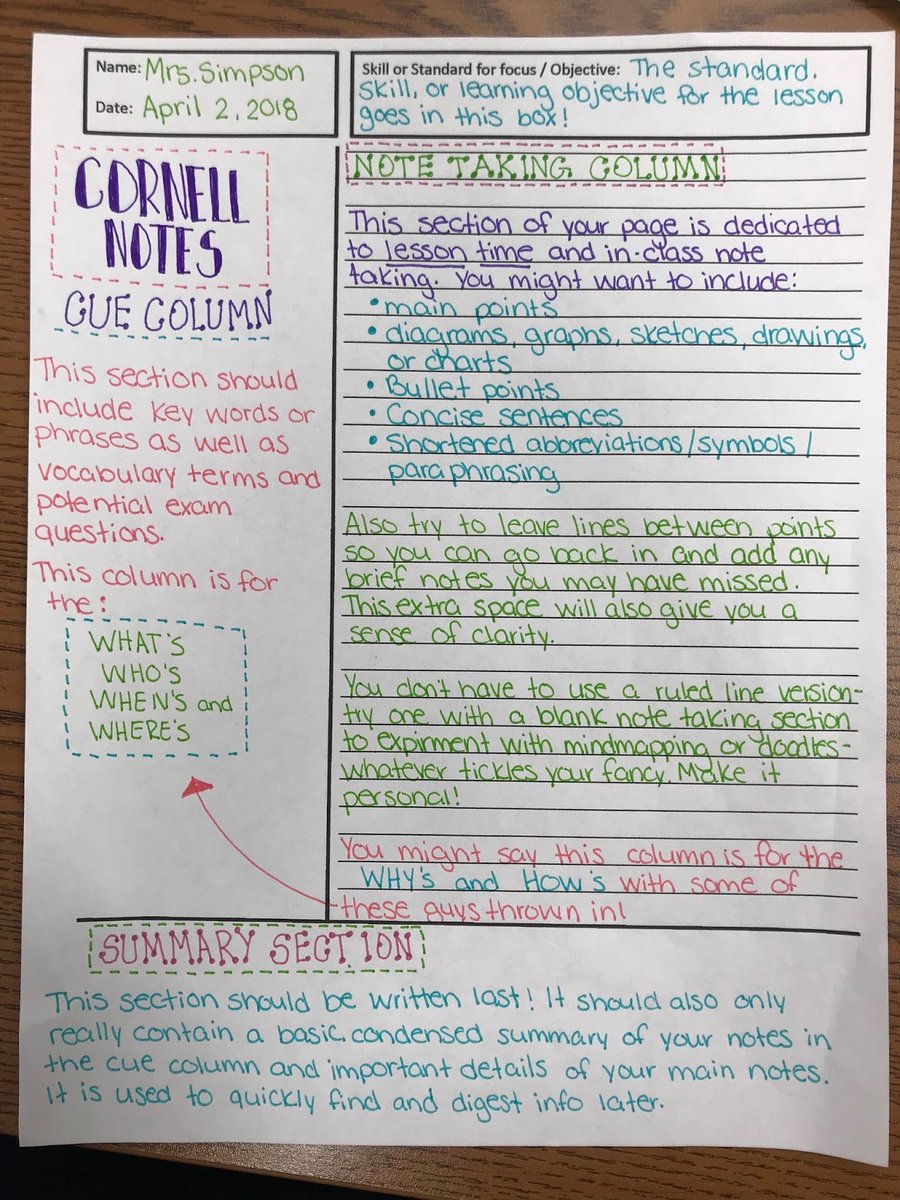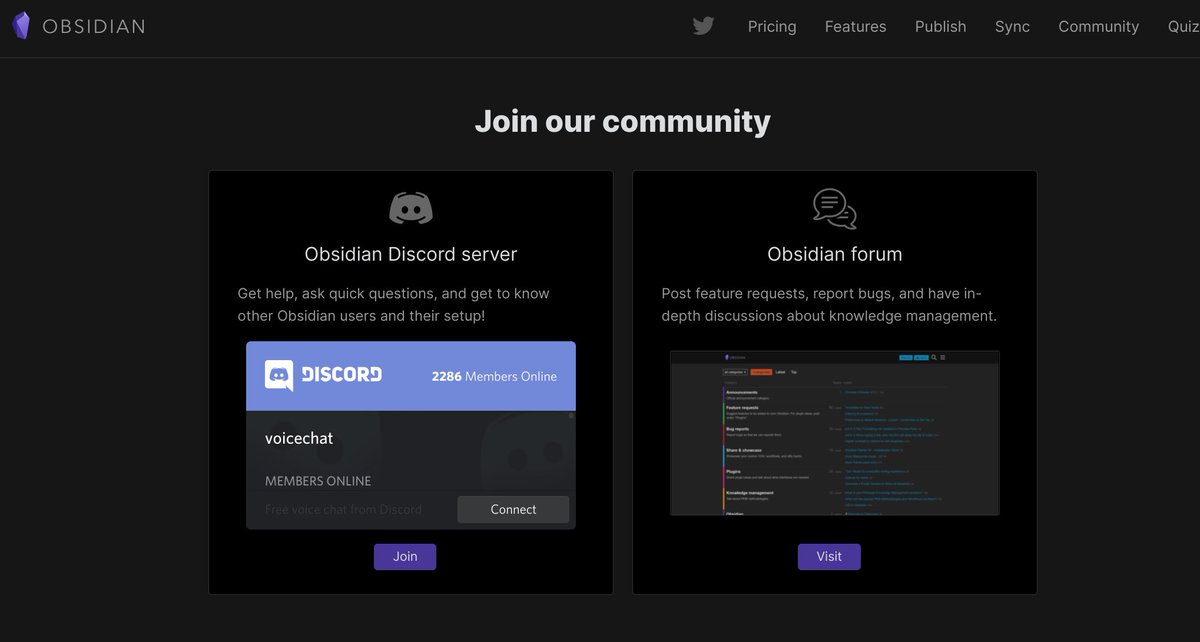
This tweet generated some interesting alternatives to Zettelkasten. Let me list off a few. If you have some you have found not in my list, let me know.
Alternatives.....
Alternatives.....
https://twitter.com/roamhacker/status/1395593947234320385
@JamoeMills has two approaches documented here. HQ&A and jump notes.
Seems #roam centric, but guessing concept applies to any #TfT based on my initial reading.
Seems #roam centric, but guessing concept applies to any #TfT based on my initial reading.
https://twitter.com/JamoeMills/status/1395695869912133639
Also one of my #roam community favs, @adolforismos with Antifragile Writing
https://twitter.com/adolforismos/status/1395737755351650305
If you are an Obsidianite, then @NickMilo is your man with his Maps of Content approach. I also Believe that many of his concepts can be adapted to to any TfT.
@shabegom offered this one, but I could not find any more info.
https://twitter.com/shabegom/status/1395703270719557636
• • •
Missing some Tweet in this thread? You can try to
force a refresh






